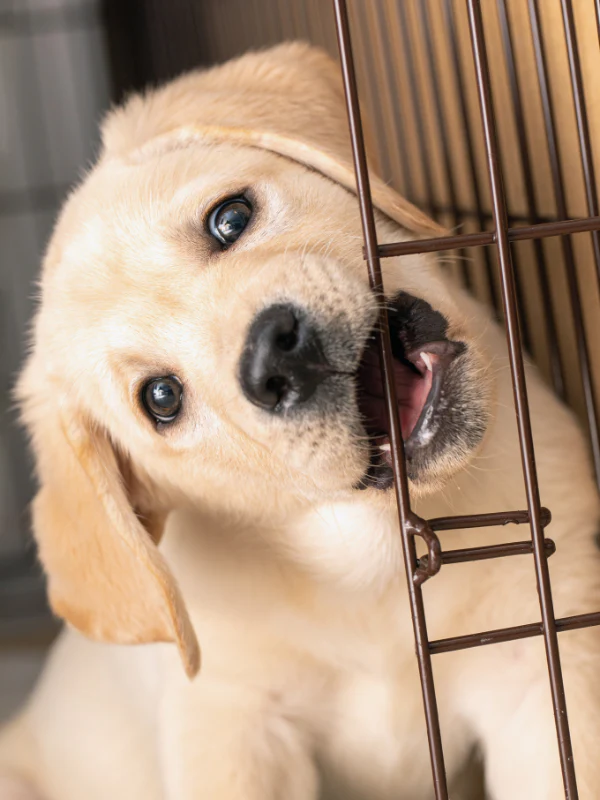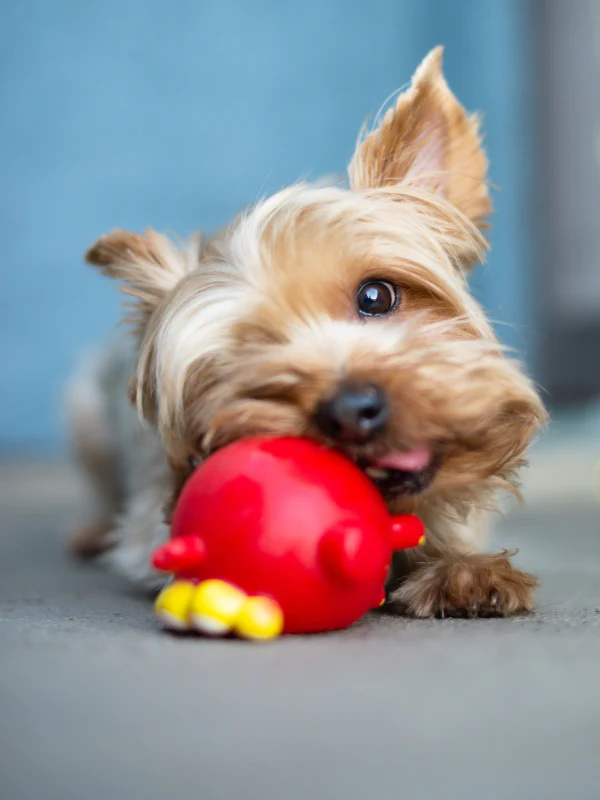Understanding Your Puppy's Teething Phase

Signs That Your Puppy Is Teething
Teething in puppies may not always be obvious, but there are several signs to watch for. These include excessive drooling, a strong urge to chew on anything within reach, red or swollen gums, and sometimes a temporary loss of appetite. If your puppy is chewing on furniture or shoes more than usual, it could be a sign they're teething.
The Timeline of Teething in Puppies
Puppy teething usually starts around 3-4 weeks of age and continues until about 6 months old. During this time, their baby teeth fall out and are replaced by permanent adult teeth. The process can vary slightly from one puppy to another, so it’s important to stay observant and patient throughout.
Essential Tips for Managing Teething
Offer Safe Chew Toys
One of the most effective ways to manage teething is by giving your puppy safe, durable chew toys. These not only satisfy their natural urge to chew but also help relieve gum discomfort. Make sure the toys are appropriate for their size and stage of development.
Keep Their Mouth Clean
Maintaining good dental hygiene is crucial during teething. Gently check your puppy’s mouth regularly for any signs of infection or irritation. You can also start brushing their teeth with a soft-bristled brush and puppy-safe toothpaste to promote long-term oral health.
Keep Them Busy and Distracted
A bored puppy is more likely to chew on inappropriate items. Keep your puppy engaged with training sessions, interactive games, and regular walks. This not only helps distract them from the discomfort but also builds a stronger bond between you and your pet.
Try Cold Treats
Cold items can provide relief for sore gums. You can offer frozen treats or chill their chew toys in the fridge before giving them to your puppy. This can help numb the area and make the teething process more comfortable.
Ensure a Nutritious Diet
A balanced diet plays a key role in supporting healthy tooth and gum development. Choose high-quality puppy food that contains the right nutrients for growth. Avoid feeding them hard objects that could damage their developing teeth.
Do's and Don'ts During Teething

What to Do
Provide a variety of chew toys, monitor their mouth for any unusual changes, and be patient. Your puppy is going through a tough time, and your support and understanding will make a big difference.
What Not to Do
Avoid punishing your puppy for chewing—instead, redirect them to the right toys. Never try to pull out loose teeth yourself, as this can cause pain or lead to infections. Always consult a vet if you’re unsure.
When to See a Vet
While teething is normal, some signs may indicate a problem. If your puppy shows severe pain, refuses to eat, has swollen or bleeding gums, or seems overly lethargic, it’s best to contact your veterinarian. Early intervention can prevent more serious issues down the line.
Managing a teething puppy requires patience, love, and a little bit of strategy. By providing the right tools, keeping their mouth clean, offering distractions, and staying informed, you can help your puppy get through this phase comfortably. Remember, every puppy is different, so trust your instincts and seek professional advice when needed.
Frequently Asked Questions (FAQs)
When does teething start in puppies? Teething typically begins at around 3-4 weeks of age and lasts until 6 months old.
How can I soothe my teething puppy's gums? Provide chew toys, cold treats, and plenty of attention. Regular play and interaction can also help ease discomfort.
How often should I check my puppy’s teeth? It’s a good idea to check their mouth weekly to ensure no signs of infection or complications.
Is it normal for my puppy to lose appetite during teething? A slight decrease in eating is common, but if it lasts too long or is extreme, consult your vet.
Can I pull out my puppy’s loose tooth? No, never do this. It can cause pain or damage the adult tooth. Let the tooth fall out naturally or consult a vet if needed.
Bar Stools With Backs,Kitchen Bar Stools,Bar Stool,Metal Bar Stools
Foshan City Misirui Furniture Co., Limited , https://www.misiruifurniture.com